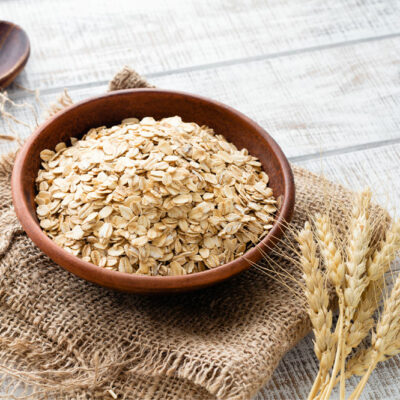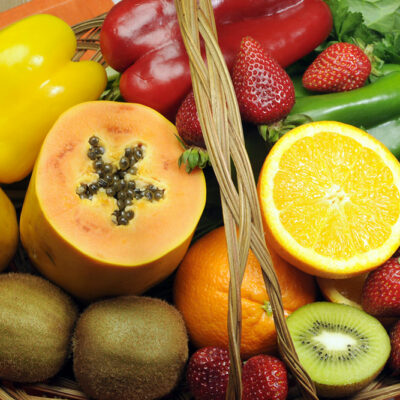
6 foods that can help reduce the risk of dementia
Dementia is a psychological condition involving the progressive loss of cognitive abilities, including memory, reasoning, concentration, and the ability to carry out daily tasks. Many patients with dementia show behavioral changes and mood swings, hallucinate, and get disorientated and irritable. Besides early diagnosis and timely treatment, constant care, family support, and some lifestyle changes can contribute to healing from dementia. Here are some foods that can help individuals prevent and manage dementia symptoms: Spinach Spinach contains high levels of lutein, an antioxidant that helps prevent loss of cognitive functions. Moreover, several studies have drawn associations between the intake of spinach and other leafy greens and the prevention of cognitive decline. Spinach can be added to stir-fries, gravies, soups, smoothies, etc. Fatty fish Fatty fish varieties like salmon, tuna, and mackerel are packed with Docosahexaenoic acid (DHA). Studies have demonstrated a decline in DHA levels among individuals with Alzheimer’s disease, a leading cause of dementia. Thus, a meal plan rich in DHA can help reduce one’s susceptibility to these psychological conditions. A daily intake of 200 mg of DHA is recommended for brain health. Broccoli Being a cruciferous vegetable, broccoli is rich in carotenoids and vitamin B. These components can reduce the levels of homocysteine, an amino acid known to contribute to cognitive decline and related psychological conditions in the body.
Read Article 









